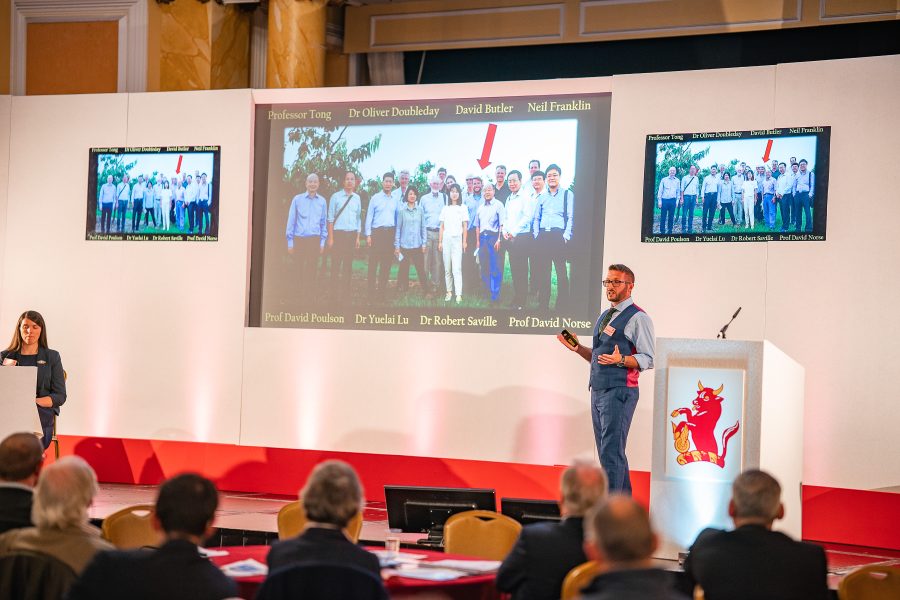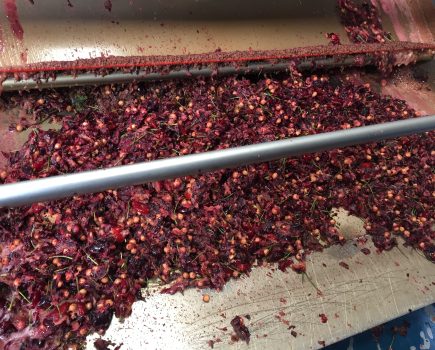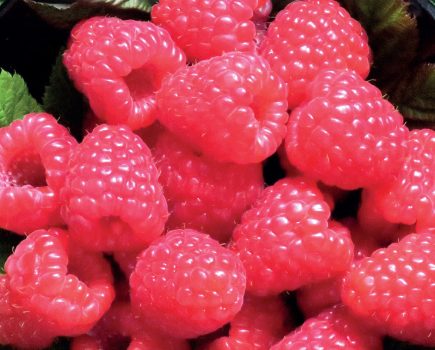Kent fruit grower David Butler has published his Nuffield Farming report ‘Biodiversity for the Future of Fruit Farming?’, sponsored by Thatchers Cider.
The full report is now available on the Nuffield Farming report library. A recording of David presenting his findings at the Nuffield Farming Conference can be found here.
During his Scholarship, David travelled to the Netherlands, Italy, New Zealand, Spain and Chile.
In his report, David said: “With the ever-decreasing chemical arsenal UK fruit growers have to work with, is now the time to take a big leap towards biological control for pest and disease issues in our orchards?
“As custodians of the land we farm it is hugely important that we work in conjunction with nature and the environment. We must do what we can to reduce damage and also improve where possible.”
During his study, David explored techniques to maintain good yielding orchards with a high percentage of class one fruit while reducing chemical inputs and utilising biological control.
He travelled across the world and visited a variety of businesses: “The discoveries that I made were very varied depending on the area I was visiting but never-the-less very interesting as a whole. It shows that wherever we are in the world, we are all fighting the same battles but with different rules, regulations, mindsets and cultures.
“Some areas or regions do not have the restrictions that we have in the UK with regards to chemical ammunition. These people can be focused more on immediate issues that affect their business which could include water shortages, frost risks, labour shortages and market instability.”
David also explored how biodiversity could be integrated into orchards: “There were fascinating methods of drilling cover crops in alternate rows to combat nematode issues, gene editing solutions to pathogens in trees and plants, wildflower meadows for increased pollination insects, mycorrhizal fungi added to the soil for root health and water retention, beneficial insects released in orchards to combat certain pests and the creation of habitat for year-round housing of such beneficials.”
However, David was concerned about the impact of global price increases on the adoption of biodiversity practices: “Being green is great but we must not go into the red as a business and I’m unfortunately concerned about the financial implications of green methods impacting the future of businesses and the industry as a whole. Is the juice worth the squeeze?”
Study objectives
- To obtain any global ideas or strategies in which biodiversity could aid in replacing chemical applications in commercial fruit farming.
Key messages
- “You cannot be green if you are in the red”







